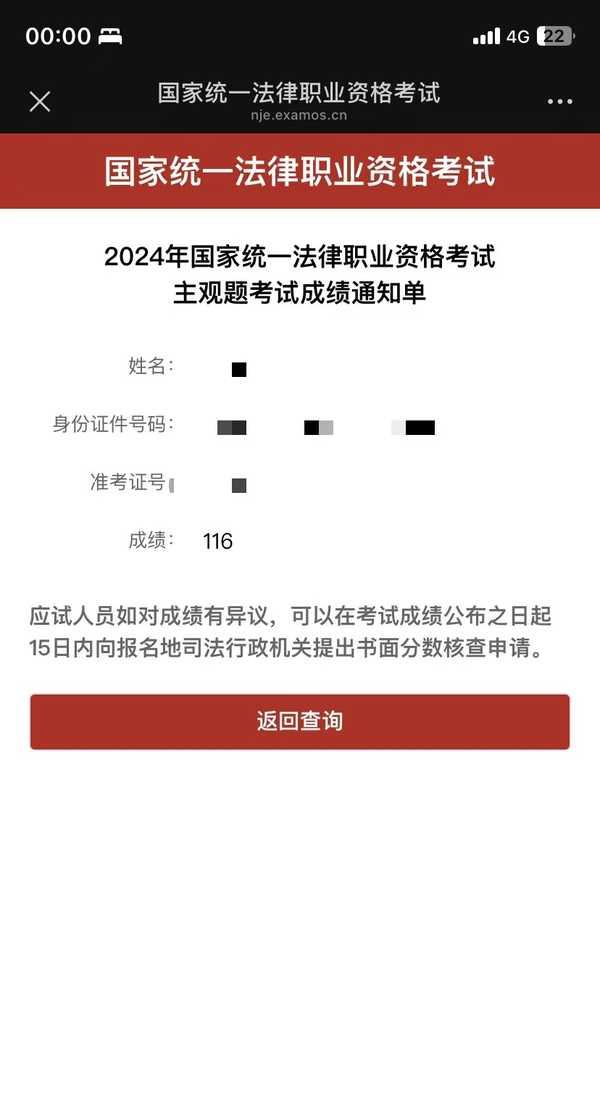The 2024 Chinese Bar Exam: A Test of Legal Knowledge and Mental Endurance
The 2024 Chinese National Judicial Examination’s subjective section presented significant challenges to test-takers, with many reporting struggles across multiple subjects despite thorough preparation.

The 2024 Chinese National Judicial Examination (Bar Exam) held on October 20th has sparked extensive discussion among test-takers across China, offering insights into the evolving landscape of legal education and professional qualification in the country.
The subjective section of the exam proved particularly challenging, with candidates reporting varying experiences across different subjects. The Legal Theory section appeared relatively straightforward for most examinees, with many successfully incorporating current policy points and theoretical frameworks. However, the Civil Law Comprehensive section emerged as a significant hurdle, with numerous candidates struggling to identify key legal concepts and principles.
Criminal Law questions were noted as being comparatively manageable this year, though some test-takers found themselves challenged by time management. The Administrative Law section maintained its typical difficulty level, while Criminal Procedure Law questions presented unexpected complexities in legal citation and reasoning.
A notable trend emerged in candidates' preparation methods. Many devoted substantial time to memorizing legal provisions and case studies, often studying up to ten hours daily in the months leading up to the exam. Some candidates reported using social media platforms to supplement their studies, focusing on legal provisions and key points while sacrificing leisure activities.
The mental toll of the examination was evident in many candidates' accounts. Several described experiencing anxiety both during and after the test, with some reporting difficulty sleeping and persistent dreams about their potential scores. This highlights the intense pressure faced by aspiring legal professionals in China’s competitive legal education system.
The exam’s structure required candidates to demonstrate not only their knowledge of legal principles but also their ability to apply these concepts under time constraints. Many found the challenge of managing the three-hour time limit particularly stressful, especially when dealing with complex multi-part questions requiring detailed legal analysis.
For those who had previously attempted the exam, this year’s test presented both familiar and new challenges. Some second-time candidates noted that their additional year of preparation helped them approach the questions with greater confidence, though the exam’s difficulty level remained substantial.
This examination serves as a critical gateway to legal careers in China, testing not just legal knowledge but also mental resilience and analytical capabilities under pressure. As candidates await their results, expected to be released on November 30th, the experience offers valuable insights into the rigorous standards maintained in China’s legal profession qualification process.